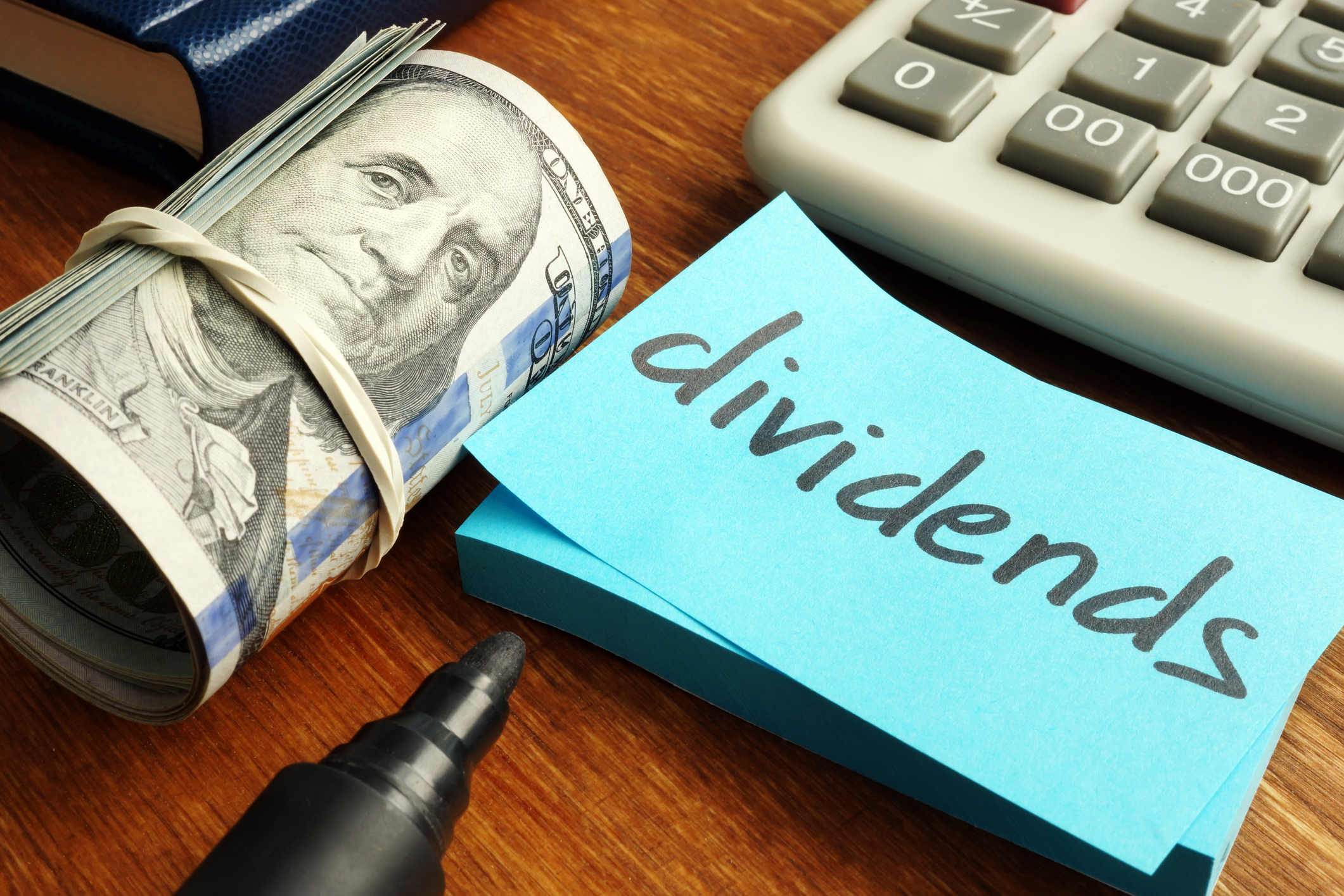According to the U.S. Federal Reserve, American households held $17.7 trillion in debt through the first quarter of 2024. The good news is the bulk of that -- $12.44 trillion -- is in mortgages and another $1.62 trillion in auto loans. The less-good and arguably bad news is that Americans also have almost $5 trillion in non-housing debt, which includes more than $1.1 trillion in credit card balances and hundreds of billions in store financing and other high-interest credit arrangements.
For many borrowers, the cost of those debts is heavy, and rising interest rates in recent years have increased that cost. One way to address that cost, and increase a borrower's ability to repay high-interest debt more quickly, and affordably is through debt consolidation.

Understanding debt consolidation
Debt consolidation is the act of taking out a single loan, ideally at a lower, fixed interest rate, and using the proceeds to pay off higher-interest debt such as credit cards, store credit, and other high-interest revolving loans. By combining those separate loans into a single debt, a borrower can lower the cost of paying off those debts, potentially with a lower monthly payment.
There's also potential risk; not all debt consolidation methods are equal, and between "teaser" interest rates and possible fees, what looks good at first may not result in the savings borrowers expected.
Ways to consolidate high-interest debt
The three most common debt consolidation loans are credit card balance transfers, debt consolidation loans, and home equity lines of credit (HELOC). All three have pros and cons.
Credit card balance transfers
Most of us are familiar with the promotional offers from credit card companies to transfer balances at a low (or even no) interest rate. Depending on your income and the size of the debt, these can be very compelling, particularly if you are able to pay off the balance within the promotional interest rate period.
However, they also come with some potential serious hooks. First, the interest rates marketed are almost always short-term, often from six months to two years, and there are often one-time balance transfer fees that can exceed 3%. So, that 0% interest may only last for six months before it shoots back up to a double-digit rate, and you'll still pay that one-time fee, generally just added to your balance.
Also, the promotional interest rate rarely applies to new balances. So, if you're planning to use this new card for new purchases, those balances and the interest rate are calculated separately and will cost you more money.
Debt consolidation loan
Debt consolidation loans can be especially useful when combining multiple high-interest debts into a single loan and payment. These loans are often structured as a term loan, with a schedule to pay it off over a fixed number of payments. Having a single payment and a fixed term can make it easier to pay off high-interest debts in a more timely manner.
However, just like with credit card balance transfers, they may also have teaser rates, meaning your payment could increase when that promotional rate expires. Additionally, lenders that focus on a lower monthly payment may be offering a longer-term loan. While you may pay less per month, you may end up paying more in total dollars. There can also be fees you owe that are not factored into the monthly payment and interest rate you are quoted.
Home equity loan
For borrowers with large high-interest debts, this may be the best way to reduce the cost of paying off those debts. Since they are secured by your home, HELOCs often offer very attractive -- and fixed -- interest rates that will be the lowest-cost way to consolidate and pay off debt. The terms are typically more clear, and the costs are generally required to be very clearly disclosed to borrowers.
However, there are also reasons why using home equity may not be the best way to consolidate debts. Closing costs can be significant, so on smaller debts the math may be less favorable. And since you're borrowing against your home, failing to pay could put your home at risk of foreclosure.
Things to consider before a debt consolidation
If you have any high-interest debt and want to pay it off quickly, finding a way to lower the total cost is a smart move. However, it's also important to consider all the costs and options before rushing into a decision that may not be the best choice.
Here are a few things to consider before and when comparing potential debt consolidation methods.
Don't lower monthly payments at the expense of spending more money
Many borrowers only fully realize how much their high-interest debt has ballooned when they are faced with a pile of credit card bills and can't easily afford to pay them all. If that's your situation, it can lead to making a "bad" decision for good reasons, such as consolidating your debt into a lower monthly payment that costs you more total money because it's stretched out over a long term. Before rushing into a cheaper payment, it's important to look at the total cost to pay off a debt as well as the monthly payment.
The total cost, not just the interest rate
Lenders love to use promotional interest rates and periods to attract new borrowers. And while these terms and rates can definitely help borrowers lower the cost of paying off debt, it's important to know how long those good deals last and any other fees you'll pay.
For instance, credit card balance transfers almost always come with a fee, and that fee may be even higher than the interest rate you're paying. Make sure you consider how much that fee will be, the period of time you'll get the promotional interest rate, and the non-promotional interest rate. If you can't pay off the debt before the promo rate expires, you may end up in a worse situation than you started.
With consolidation loans and HELOCs, it's important to understand their fees and any promotional rates as well, along with the length of the loan and total payments you'll make.
Related investing topics
What a debt consolidation could look like
Let's say a borrower has $20,000 in credit card debt. According to the Federal Reserve, the average interest rate on credit cards issued by commercial banks was 21.6% as of February 2024. So, someone with $20,000 in credit card debt is paying $360 a month just in interest expense. A look at current credit card offers on Motley Fool Money shows that some rates could be as high as 29.99%! If the rate you're paying is that high, you're talking about $500 per month just in interest expense.
But if a borrower qualifies for it, a personal loan could significantly reduce that cost. According to the Federal Reserve, the average finance rate for a 24-month personal loan was 12.49%. You may see a balance transfer offer from a credit card at a similar rate, too. That would lower interest to $2,498 per year, or a little more than $208 per month. That means a borrower would be able to put significantly more money towards paying off the debt, not just in interest to pad the bank's bottom line.
Of course, those costs don't include any additional fees, including origination or transfer fees. For instance, if a balance transfer offer at this interest rate also had a 3% transfer fee, you'd have to tack an additional $600 cost to cover that fee into the equation.
The point is simple: Don't just take the math at face value, and always make sure you know about additional charges, fees, the term of a loan, minimum payment amounts, and other factors before doing a debt consolidation. For most borrowers there are ways to cut the interest cost and more quickly pay off your debt. Just make sure you understand all the factors before signing on the dotted line.



















